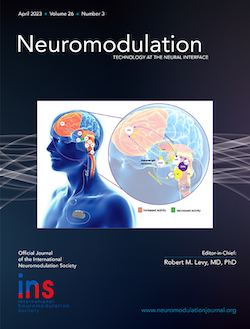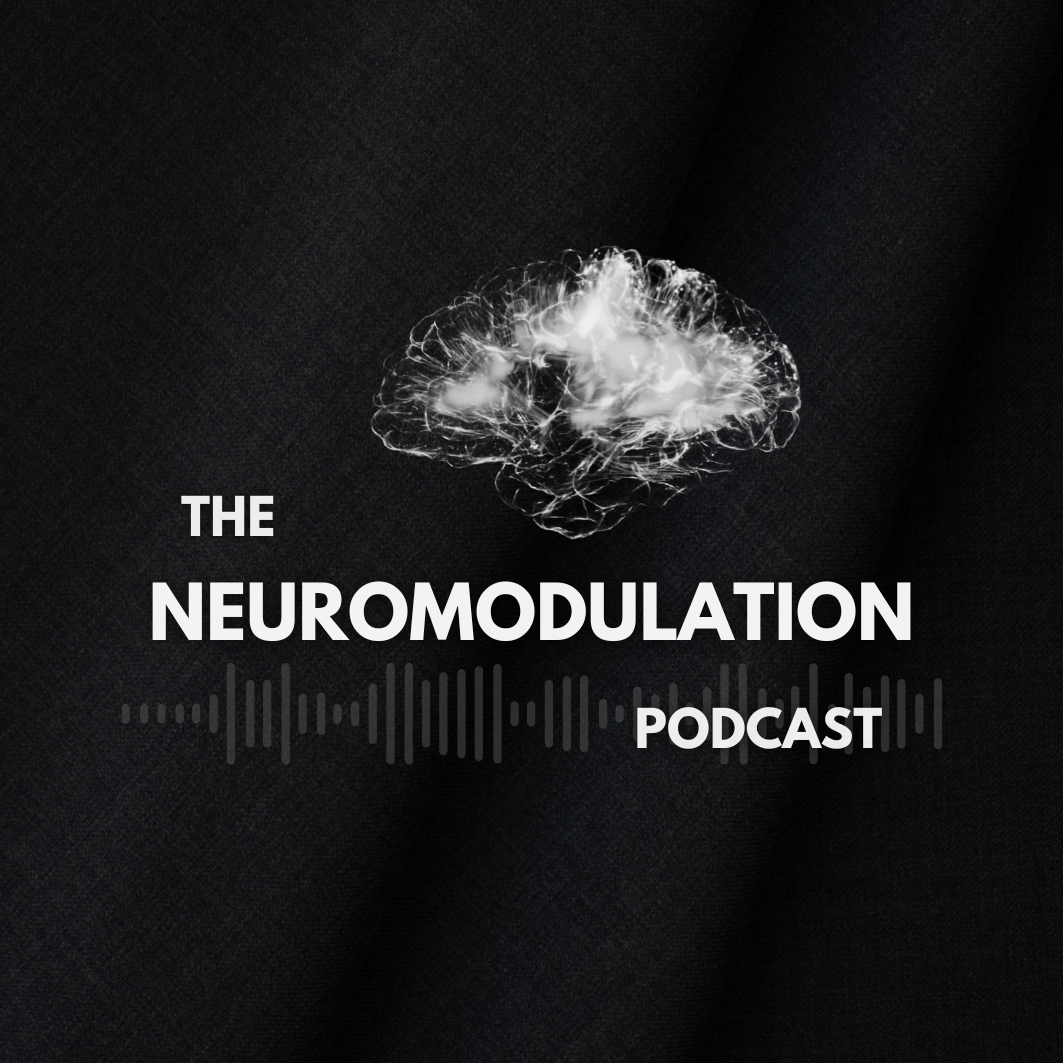The International Neuromodulation SocietyThe Fastest-Growing, Worldwide Multidisciplinary Body Devoted to Building Knowledge of NeuromodulationThe International Neuromodulation Society (INS) is a non-profit group of clinicians, scientists and engineers dedicated to the scientific development and awareness of neuromodulation – the alteration of nerve activity through targeted delivery of a stimulus, such as electrical stimulation or chemical agents, to specific neurological sites in the body. The San Francisco-based INS was formed in 1989 and educates and promotes the field through meetings, its peer-reviewed journal Neuromodulation: Technology at the Neural Interface, mentorship, and chapter websites. The INS also provides information for patients and produces rolling news briefs about this rapidly evolving field. Donate TodayThe INS Peer-Reviewed JournalThe INS journal Neuromodulation: Technology at the Neural Interface has a growing Impact Factor and is indexed in Index Medicus, MEDLINE and Pubmed from its first issue in 1998. Members may log in to the members-only section to read the journal online. The journal also has social media accounts on Twitter, Facebook, and Instagram.
The Neuromodulation Podcast has been developed for our membership to dive into the forefront of today's emerging neuromodulation techniques, insights, and ethical and clinical applications. Join the multidisciplinary collaboration of medical care providers, scientists, and engineers who are part of the global conversation that's shaping the future of healthcare. Subscribe now wherever you get your podcasts. What is Neuromodulation?Medical Professionals can learn about various considerations concerning neuromodulation and clinic contacts. Once your preliminary questions have been answered, please use the Contact Us facility to find out more and to discuss specific objectives. Others may simply wish to join the INS and one of its related chapter societies, please use the Membership Application. Clinical trials that involve a wide range of emerging neuromodulation approaches are listed on our Research page. Neuromodulation clinical trials address symptom control through nerve stimulation in such condition categories as:
Breaking NewsHeart Rate Response Predicts Depression Treatment Success with Magnetic Stimulation October 14, 2025 - Researchers at the University Medical Center Göttingen found that patients with major depression whose heart rates slowed within 45 seconds of starting magnetic brain stimulation showed significantly greater symptom improvement after six weeks. The study suggests heart rate deceleration may serve as a real-time physiological marker of effective brain engagement. The findings also showed that advanced MRI-based targeting provided no added benefit over standard stimulation methods. (Source: News-Medical Life Sciences) Brain Implants Show Potential to Alleviate Chronic Pain October 14, 2025 - Researchers are exploring direct brain stimulation and implanted devices to identify neural biomarkers linked to chronic pain and develop targeted treatments. Early studies using stereo EEG and machine learning have shown that brain signals can distinguish high from low pain states, and stimulation of specific brain regions has provided significant relief for some patients. Ongoing trials aim to refine these approaches into closed-loop systems that could offer long-term, personalized pain control. (Source: Healio) Deep Brain Stimulation Reduces Stuttering Severity in Early Case Study October 9, 2025 - Researchers at Goethe University Frankfurt reported that deep brain stimulation (DBS) targeting the left thalamus reduced stuttering frequency by 46% in a patient with severe speech disfluency. The patient’s stuttering worsened when stimulation was paused, suggesting a biological effect linked to DBS. The team plans further studies to evaluate the therapy’s potential for others with severe stuttering and explore noninvasive alternatives. (Source: News-Medical Life Sciences) Targeted Brain Stimulation Shows Promise for Treating Depression October 6, 2025 - A UCLA study found that a 12-day course of high-definition transcranial direct current stimulation (HD-tDCS) significantly improved mood in adults with moderate to severe depression compared with a sham treatment. The noninvasive therapy, which delivers focused electrical stimulation to specific brain regions, was well tolerated with mild side effects. (Source: Healio)
September 26, 2025 - Washington University in St. Louis researchers received a nearly $3 million National Institutes of Health grant to investigate how personalized transcutaneous spinal cord stimulation can enhance movement in people with spinal cord injuries. The five-year study will explore how varying stimulation parameters affect muscle activation and leg control in 48 participants with partial motor function. (Source: Becker's Spine Review)
FDA Clears Tibial Nerve Stimulation Device for Urge Urinary Incontinence September 22, 2025 - The FDA has approved a neuromodulation device that is implanted near the ankle to deliver electrical impulses to the tibial nerve, helping regulate bladder control in patients with urge urinary incontinence. The therapy provides a less invasive alternative to sacral nerve stimulation and enters a market with other tibial devices already available. (MedTech Dive) To see select neuromodulation news by category, as well as news about the INS in particular, please visit the Newsroom. To see archived news briefs dating back to January 2011, visit the News Archive. Continue Reading News Briefs |


